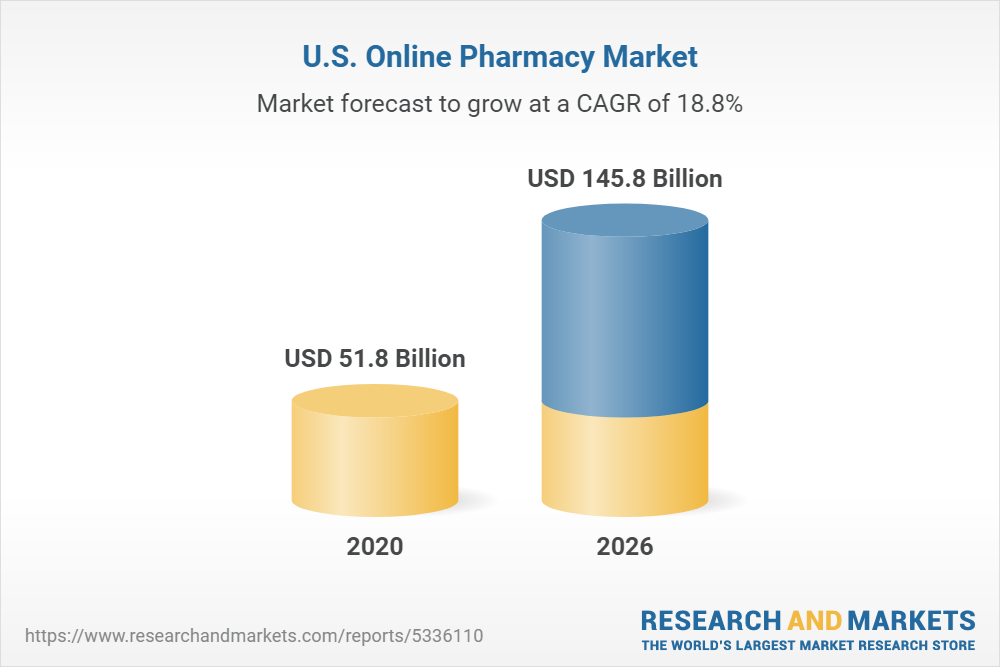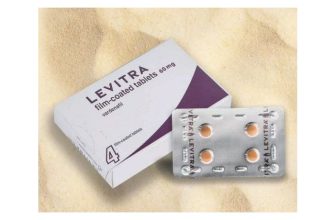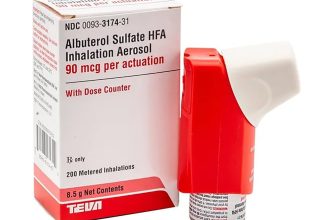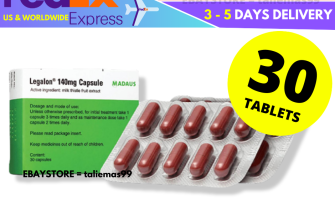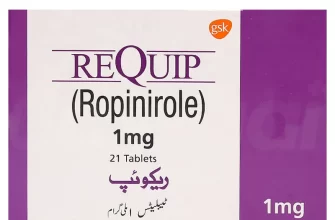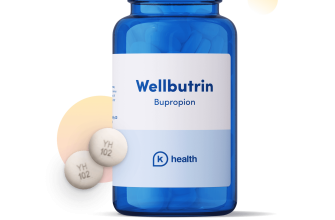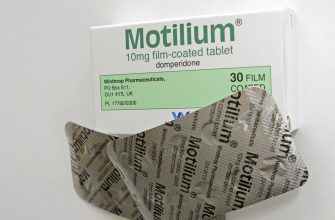Need prescription medications? Start with verifying the pharmacy’s accreditation with the National Association of Boards of Pharmacy (NABP). This single step significantly reduces the risk of encountering counterfeit or substandard drugs. Look for their VIPPS seal – it confirms compliance with stringent standards.
Beyond accreditation, check customer reviews. Pay close attention to comments regarding shipping speed and customer service responsiveness. Reliable pharmacies usually deliver within 7-10 business days and offer readily available support channels like live chat or email. Aim for pharmacies with a history of prompt and helpful communication.
Security is paramount. Ensure the website uses HTTPS, indicated by a padlock icon in your browser’s address bar. This confirms encrypted data transmission, protecting your personal and financial information. Read their privacy policy carefully to understand how your data is handled. Choosing a pharmacy with a strong security record minimizes potential risks.
Finally, compare prices. While cost is important, prioritize safety and reliability. Don’t let the allure of exceptionally low prices overshadow potential security flaws or delays. A slightly higher price often signifies adherence to higher safety and regulatory standards, protecting your health and well-being.
- Navigating the World of Online US Pharmacies
- Understanding Prescription Requirements
- Safe Payment Practices
- Protecting Your Privacy
- Customer Service and Support
- Shipping and Delivery
- Pricing and Transparency
- Legality and Licensing of Online Pharmacies
- Prescription Requirements and Verification Processes
- Ensuring Medication Authenticity and Safety
- Checking Medication Packaging
- Secure Payment Methods
- Customer Reviews and Ratings
- Contact the Pharmacy Directly
- Consult Your Doctor or Pharmacist
- Comparing Prices and Finding the Best Deals
- Understanding Insurance Coverage for Online Prescriptions
- The Convenience and Risks of Online Pharmacy Services
- Protecting Your Personal Information When Ordering Online
- Handling Potential Issues and Customer Support
- Order Discrepancies
- Privacy and Security
Navigating the World of Online US Pharmacies
Verify the pharmacy’s license with your state board of pharmacy. This single step significantly reduces risk. Many state boards offer online verification tools.
Check the pharmacy’s accreditation. Look for accreditation from organizations like the Verified Internet Pharmacy Practice Sites (VIPPS) program. This signifies adherence to high standards.
Understanding Prescription Requirements
Ensure your prescription is valid and comes from a licensed US physician. Faxing or uploading a clear image usually suffices. Understand any refill limitations outlined on your prescription.
Safe Payment Practices
Use secure payment methods like PayPal or credit cards with fraud protection. Avoid pharmacies requesting wire transfers or unusual payment methods. Report suspicious activity immediately.
Protecting Your Privacy
Review the pharmacy’s privacy policy carefully. Understand how they handle your personal and medical information. A reputable pharmacy will clearly outline their data security measures.
Customer Service and Support
Choose a pharmacy with readily available customer support. Check for multiple contact methods including phone, email, and live chat. Good communication is key to a smooth experience.
Shipping and Delivery
Inquire about shipping options and delivery times. Understand their return policy, particularly if you are unsatisfied with your purchase or have medication issues. Confirm tracking information is provided.
Pricing and Transparency
Compare prices from multiple licensed online pharmacies. However, price shouldn’t be the sole deciding factor. Prioritize safety and legality. Be wary of extremely low prices–they may indicate counterfeit medications.
Legality and Licensing of Online Pharmacies
Verify a pharmacy’s legitimacy before ordering medication. Check state licensing boards for registration information. The National Association of Boards of Pharmacy (NABP) website, www.nabp.pharmacy, offers a verified internet pharmacy practice sites (VIPPS) accreditation check.
Legitimate online pharmacies must meet stringent regulatory requirements. These include:
- State Licensure: They need a license to operate in the state where they are based and often in the state where the customer lives.
- Federal Regulations: Compliance with FDA regulations on drug manufacturing, handling, and dispensing.
- Secure Data Practices: Strict adherence to HIPAA (Health Insurance Portability and Accountability Act) for patient privacy.
Red flags indicating a potentially illegitimate pharmacy include:
- Lack of contact information such as a physical address and phone number.
- Unlicensed operation. Absence of state and federal licensing information.
- Suspicious pricing; significantly lower prices than other pharmacies.
- Pushy sales tactics; unsolicited offers or pressure to buy.
- Poor website design; lack of professionalism.
Always use caution. Confirm the pharmacy’s legitimacy before providing personal or financial information. Report suspected illegal online pharmacies to your state’s board of pharmacy or the FDA.
For more detailed information, consult the FDA and your state’s board of pharmacy directly. Their websites provide in-depth guidance on pharmacy regulations.
- Federal resources: FDA website
- State resources: Check your state’s board of pharmacy
Protecting your health and safety relies on choosing a reputable online pharmacy. Proceed with careful consideration.
Prescription Requirements and Verification Processes
To fill your prescription online, you’ll need a valid prescription from a licensed physician. This prescription must include your name, date of birth, medication name, dosage, quantity, and instructions. A clear image or scan of the prescription is usually sufficient. However, some pharmacies may request additional information.
Legitimate online pharmacies utilize several verification methods to ensure prescription authenticity. This typically involves:
| Verification Method | Description |
|---|---|
| Prescription Database Check | Checking the prescription against state and national prescription drug monitoring programs (PDMPs) to detect fraud and potential abuse. |
| Physician Verification | Contacting the prescribing physician to confirm the prescription’s legitimacy. |
| Identity Verification | Checking your identity against various databases to prevent identity theft and ensure you are who you say you are. This might involve using your driver’s license or other forms of identification. |
| Medication History Review | Reviewing your medication history to identify potential drug interactions or allergies. |
Failure to provide a valid prescription or meet verification requirements will prevent your order from being processed. Always choose pharmacies that clearly outline their verification procedures to ensure safety and legitimacy. Contact the pharmacy’s customer support if you have questions about their process.
Ensuring Medication Authenticity and Safety
Verify the online pharmacy’s license and accreditation with your state board of pharmacy and independent verification services like LegitScript. Check for a physical address and contact information; avoid pharmacies with only PO boxes or virtual addresses.
Checking Medication Packaging
Examine the packaging carefully for inconsistencies. Look for tamper-evident seals, clear labeling with the manufacturer’s name and logo, and accurate dosage information. Misspellings or blurry printing are red flags.
Secure Payment Methods
Use secure payment gateways like PayPal or credit card processors with strong encryption (look for “https” in the URL). Avoid pharmacies requesting wire transfers or other untraceable payment methods.
Customer Reviews and Ratings
Read independent customer reviews on sites like Trustpilot or Yelp. Pay attention to comments about order fulfillment, customer service, and medication quality. Negative reviews about authentication issues should raise concerns.
Contact the Pharmacy Directly
Contact the pharmacy directly with questions about their licensing, medication sourcing, and return policies. A legitimate pharmacy will readily provide this information. Be wary of evasiveness or reluctance to answer.
Consult Your Doctor or Pharmacist
Before ordering any medication online, discuss it with your doctor or pharmacist. They can provide advice on reputable online pharmacies and ensure the medication is right for you and won’t interact negatively with other medicines you are taking.
Comparing Prices and Finding the Best Deals
Check multiple online pharmacies. Don’t rely on just one site! Use price comparison tools or manually check several reputable pharmacies for the same medication and dosage.
Look for discounts and coupons. Many online pharmacies offer discounts for bulk purchases, auto-refills, or first-time customers. Check their websites for current promotions. Sites like RetailMeNot may also list coupons.
- Consider generic drugs. Generic medications are typically far cheaper than brand-name equivalents, often with the same active ingredients and efficacy.
- Explore patient assistance programs. Many pharmaceutical companies offer financial assistance programs to help patients afford their medications. Check the manufacturer’s website directly.
Verify accreditation and licensing. Ensure the online pharmacy is licensed and operates legally. Check for accreditation seals from organizations like the National Association of Boards of Pharmacy (NABP).
- Read customer reviews. Examine reviews from other customers to gauge the pharmacy’s reliability, shipping speed, and customer service quality.
- Understand shipping costs. Factor in shipping costs when comparing prices; a seemingly cheaper medication with high shipping fees might end up costing more.
- Be wary of suspiciously low prices. Extremely low prices compared to average may indicate counterfeit medication or a fraudulent site. Proceed with caution.
Compare medication costs including any applicable taxes and shipping costs for a truly accurate price comparison. This allows you to see the final price.
Understanding Insurance Coverage for Online Prescriptions
Check your insurance plan’s formulary. This document lists covered medications and their cost-sharing amounts (copays, coinsurance). Many plans cover mail-order pharmacies, including online options.
Contact your insurance provider directly. Ask specifically about coverage for prescriptions filled through online pharmacies. They can confirm which online pharmacies are in their network and clarify your out-of-pocket costs.
Use your insurance card’s information when ordering online. Most online pharmacies have a space for this during checkout. This facilitates automatic processing of your claim.
Understand your plan’s prior authorization requirements. Some medications require pre-approval before coverage. Your doctor may need to submit paperwork.
Compare costs. Even with insurance, online pharmacy pricing can vary. Check the pharmacy’s website for price estimates before placing an order. Look at both the copay and the total cost. Consider using a prescription discount card if your insurance doesn’t provide sufficient coverage.
Keep records. Save copies of your insurance explanation of benefits (EOB) statements. These documents show the charges, payments, and your responsibility for each prescription.
Be aware of telehealth limitations. Your insurer might only cover prescriptions from physicians they consider in-network. Verify this before using a telehealth platform to obtain a prescription intended for an online pharmacy.
Note: Insurance coverage specifics vary significantly among plans. This information is for general guidance only. Always verify details with your individual insurance provider.
The Convenience and Risks of Online Pharmacy Services
Online pharmacies offer undeniable convenience: order medications from home, receive them directly, often at lower prices. However, this ease comes with potential pitfalls.
Verify legitimacy: Check the pharmacy’s license with your state board of pharmacy. Look for a verification seal from recognized organizations like the National Association of Boards of Pharmacy (NABP). Avoid sites without physical addresses or contact information.
Medication safety: Legitimate online pharmacies prioritize secure packaging and proper storage during shipping. Examine your package upon arrival for any signs of tampering. Report suspicious activity immediately.
Prescription accuracy: Ensure you upload a valid prescription from a licensed physician. Confirm the medication details – dosage, quantity, and instructions – match your prescription. Any discrepancies require immediate clarification with the pharmacy.
Privacy protection: Reputable online pharmacies employ secure encryption to protect your personal and medical data. Look for https in the website address and a privacy policy explaining data handling practices. Report any data breach attempts immediately.
Cost transparency: Compare prices across different legitimate online pharmacies. Be wary of unusually low prices, as they may indicate counterfeit drugs or compromised quality. Factor in shipping costs when evaluating overall expense.
Customer service: Reliable pharmacies offer readily available customer support via phone, email, or live chat. Test their responsiveness to your queries before making a purchase. Prompt and helpful customer service is a strong indicator of a legitimate operation.
Drug interactions: Always inform your physician and pharmacist of all medications you are taking, including over-the-counter drugs and supplements, to avoid potentially dangerous interactions. This is crucial whether you use an online or brick-and-mortar pharmacy.
Protecting Your Personal Information When Ordering Online
Use strong, unique passwords for all your online accounts, including your pharmacy account. Consider a password manager to help you generate and securely store these passwords.
Always verify the website’s security. Look for “https” in the URL and a padlock icon in your browser’s address bar. This indicates a secure connection, encrypting your data.
Read the pharmacy’s privacy policy carefully before submitting any personal information. Understand how they collect, use, and protect your data. Pay close attention to data retention policies.
Avoid using public Wi-Fi when accessing your pharmacy account or providing personal information. Public networks are more vulnerable to hacking.
Be wary of phishing emails or texts. Legitimate pharmacies will never ask for your personal information via unsolicited email or text message. Contact the pharmacy directly using their official contact information if you have any doubts.
Review your account statements regularly for any unauthorized activity. Report suspicious transactions immediately to your pharmacy and your bank.
Keep your anti-virus and anti-malware software updated to protect your computer from malicious attacks. Regularly scan your computer for viruses.
Use a credit card or other secure payment method for online transactions instead of debit cards. Credit cards offer better fraud protection.
Never share your login credentials with anyone. If you suspect your account has been compromised, change your password immediately.
If you have concerns about your online privacy, contact the pharmacy’s customer service department. They can address your questions and help resolve any issues.
Handling Potential Issues and Customer Support
Contact us immediately if you experience any delays with your order. Our dedicated customer service team operates 24/7 via phone, email, and live chat. We’ll track your package and provide updates.
For prescription-related questions, our pharmacists are available to answer your queries. They can clarify medication details and address any concerns about dosage or potential side effects. Expect a response within one business hour for urgent requests.
Order Discrepancies
Should your order be incorrect, report the issue within 48 hours. Include your order number, photos of the received items, and a detailed description of the discrepancy. A replacement or refund will be processed after verification.
Privacy and Security
We use state-of-the-art encryption to protect your personal and payment information. Your data is handled according to HIPAA regulations. If you have security concerns, contact our support team; we’ll gladly provide clarification.

